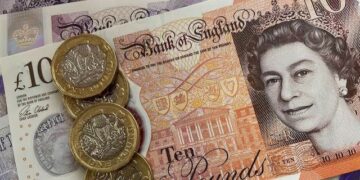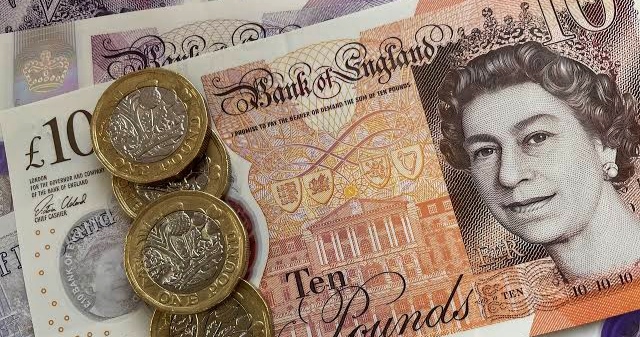By John Ikani
UK inflation hit double digits last month, representing the highest in 40 years which adds to pressure for action from the government and Bank of England (BOE).
The consumer price index rose 10.1% annually, according to estimates published by the Office for National Statistics (ONS) on Wednesday, above forecasts of 9.8% and up from 9.4% in June.
The core rate of CPI inflation, excluding energy and food prices, also exceeded expectations in July, rising by 6.2 per cent, ahead of economists’ expectations of a 5.8 per cent rate.
With broad rises in prices across the UK economy in July, resulting in an inflation rate greater than in other G7 countries, the figures on Wednesday highlighted the difficult task the BOE faces to bring inflation down.
The BOE warned earlier this month that inflation will climb to just over 13 percent this year, the highest level since 1980.
It also projected that the country would enter a recession that would last until late 2023, with official data last week showing Britain’s economy shrank in the second quarter.
While all advanced economies have seen a rise in inflation, it has been stronger in the UK than in other G7 countries and most European nations.
The deteriorating economy will be inherited by Prime Minister Boris Johnson’s successor after he leaves office next month, with fellow Conservatives Liz Truss and Rishi Sunak vying to take the reins.
Many economists on Wednesday said the upward surge in inflation — along with robust wage growth in the second quarter — would stiffen the BOE’s resolve, encouraging the central bank to raise interest rates further and faster.
The central bank raised its key rate by 0.50 percentage points to 1.75 percent at its last policy meeting, the biggest hike since 1995.
The BoE move mirrors aggressive monetary policy from the US Federal Reserve and the European Central Bank last month, as the world races to cool red-hot inflation that has been fuelled by Russia’s invasion of Ukraine.




































